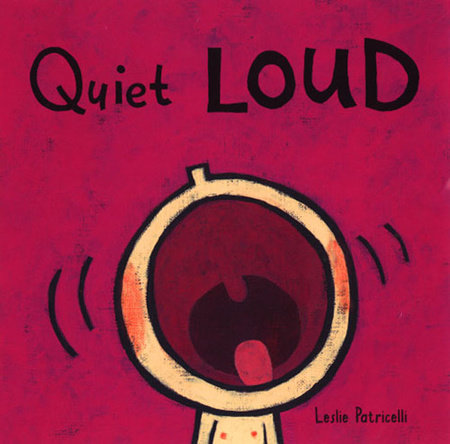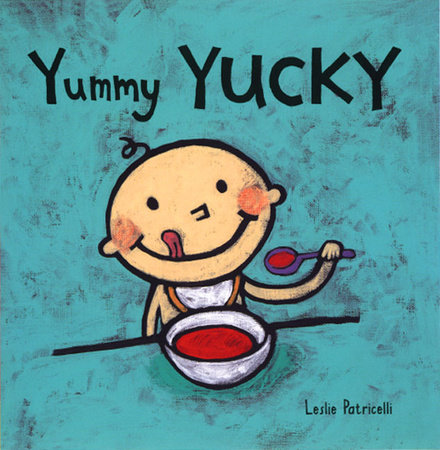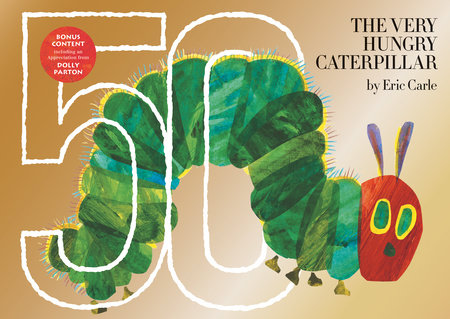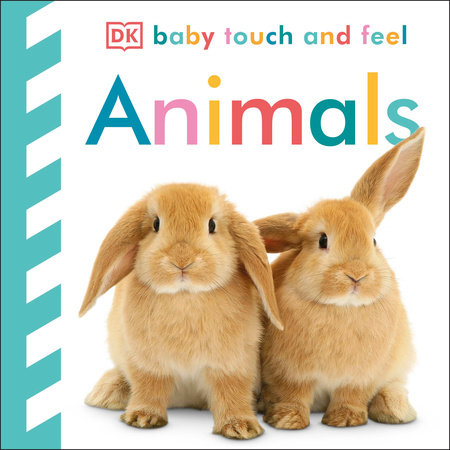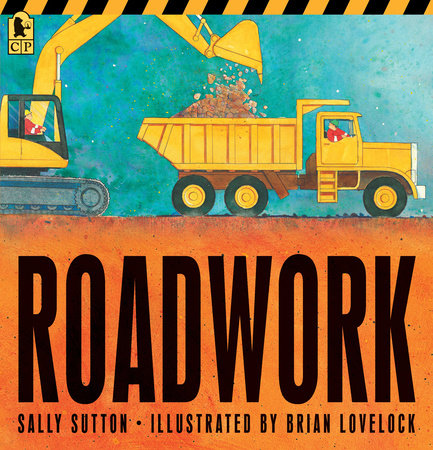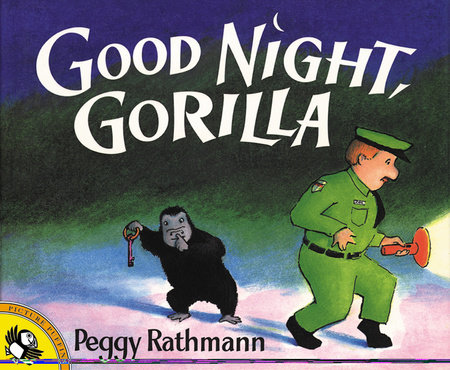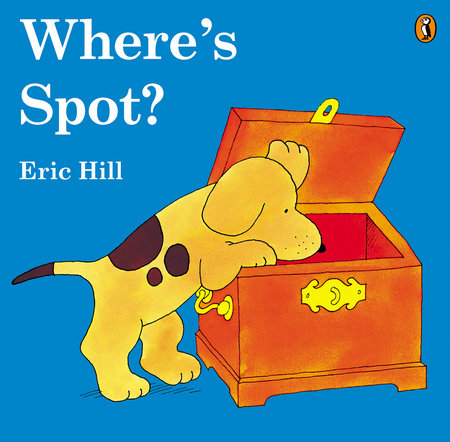Why Pre-Readers Should Get to Enjoy Books Independently (And How to Help Them Learn to Do It)
by Lindsay Barrett
If your home is filled with books and invitations to enjoy them, by the time your child is a toddler, you’ll likely receive plenty of requests to “Read this to me!” There’s nothing better than snuggling up with a willing kiddo and a stack of appealing titles. It’s also a great feeling, though, to snuggle up with a book and enjoy it by yourself. Kids can and should have the opportunity to do this, beginning as soon as their chubby fingers allow.
Spending time alone with books as a pre-reader encourages practicing things like turning pages, noticing illustrations, making up a story from the pictures, or repeating words and phrases recalled from a read-aloud. Empowering young children to spend time independently looking at books positions reading as a source of worthy entertainment, whether or not an adult is available to read aloud. “Book-looking” is both stimulating and soothing in a way that screens can’t be. Plus, let’s not discount the fact that it’s much easier to cook dinner or fold laundry when the little people in the house can occupy themselves with books for a few minutes!
My kids are definitely not reading prodigies. My 3-year-old still regularly holds books upside down — every time I try to correct him, he claims, “But this is the way I like to read it!” My kids are also the type others euphemistically refer to as “busy” or having “lots of energy.” Yet because we’ve made it a family expectation that everyone can “sit and look at some books,” mine all do it every day.
Some young children are naturally drawn to independent book-looking, but if you can’t imagine your child doing so, here are some ways to help.
1. Set up your space to encourage it. Kids gravitate to what’s readily accessible. A basket of books on the floor or a low shelf stocked with favorites lets even crawling babies grab the books they want to browse. My kids often plop down and look at books wherever it strikes them, but a dedicated cozy reading spot works well for many families, too.
2. Show kids how to do it. Kids need to know that reading every word of a book isn’t the only way to enjoy it. Say, “I think I’ll just tell the story from the pictures today” or “Let’s flip through and find all the trucks.” Many books naturally invite kids to join in. (For instance, mine have always loved the exclamations in Leslie Patricelli’s Quiet Loud and Yummy Yucky.) When kids are regular participants during read-aloud time, they have a sense of how they could “read” the same book on their own.
3. Keep your standards flexible. Young children are constantly collecting data about how things work, including books. Sure, it’s sweet when a kid sits quietly and pages through a pile of classics, but — at least in my house — this definitely isn’t the only way little ones investigate books. Flipping pages quickly, hunting for the junk food page in The Very Hungry Caterpillar, wearing books as hats, kissing all the cuddly creatures in Baby Touch and Feel: Animals, stuffing a bag with board books for a pretend “trip,” and lining up ten books on the floor to make a “train” are all early reading behaviors, too. Remind yourself this is what kids are supposed to do, and find something positive to say. “Wow, your hat has a caterpillar on it!”
4. Give lots of praise (but don’t get in the way). Naming and celebrating behaviors you want kids to repeat is always helpful. Whenever I overhear one of my kids trying to approximate the rhyming sound effects in Roadwork, saying good night to all the animals in Good Night, Gorilla, or opening and closing the flaps of Where’s Spot?, I make a big deal about their skills as a reader. Not necessarily right away, though! Choose when to deliver your praise wisely. If your kids are anything like mine, it’ll remind them you exist, and their lovely independent reading reverie will be over. Kids are more likely to explore books on their own when you appear unavailable. Go fold that laundry, or — better yet —pull out your own book. They’ve got this!
-
Books Mentioned in this Article:
-
Quiet Loud
Also available from:Yummy Yucky
Also available from:The Very Hungry Caterpillar
Also available from:Baby Touch and Feel: Animals
Also available from: -
Good Night, Gorilla
Also available from:Where’s Spot?
Also available from:

